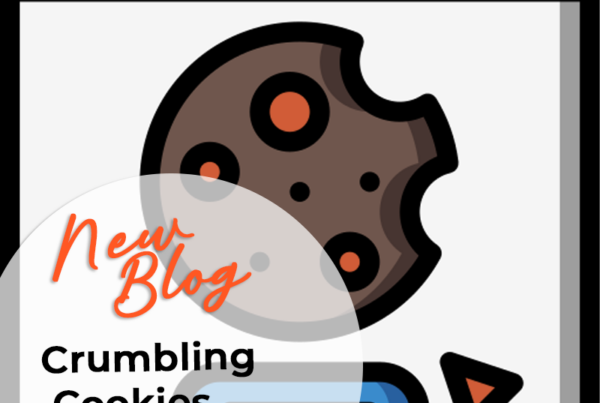
Let’s face it: even for the best writers, writing can feel impossible. Sometimes, the words seem to flow naturally. But other times, it can take hours just to write a single sentence.
This is what we call writer’s block, and it’s more common than you might think. Many famous authors, like F. Scott Fitzgerald, have admitted to dealing with a bad case of writer’s block. So if you’re struggling to write, you aren’t alone – and we have some tips to help you overcome it.
1. Motivation Begins with Your Environment
Curling up on your couch with a laptop balanced on your chest may be comfortable, but it’s not always conducive to writing. Give yourself a fresh headspace by moving to a different room and switching up your body’s position. Perhaps you will feel more inclined to write sitting at a desk with your back straight and feet placed on the floor. If your body is in a more “professional” environment, you will likely feel more motivated and prepared to work.
2. Create an Outline
Whether you’re trying to write a blog, essay, or novel, creating an outline is a great place to start. This gives your piece a solid structure from the beginning, and it will also help organize your thoughts before you start writing. Creating the outline is almost like a brainstorm session, warming up your mind for the real task ahead.
3. Do a Brain Dump
Do you find yourself starting the next sentence in your head, then tossing it away to think of a new one without ever touching the keyboard? If you can’t get anything down, consider putting everything down – good or bad. This exercise can loosen your mind and will allow you to finally get something down on paper. Even if you edit out most of it later, there’s a good chance you’ll find nuggets of great writing.
4. Take a Break
When all else fails, step away from the computer and give your thoughts some time to regroup. Staring at the screen for hours on end will only frustrate you, and it may even diminish your confidence in your abilities as a writer. Take a half-hour break and do something you enjoy, such as going for a walk, playing with your dog, or watching an episode of your favorite TV show. When you return to the computer, you’ll feel refreshed and ready to write – and you may have sparked some new ideas during your break.
While these tips for beating writer’s block are a good starting point, everyone’s experience with writing is different. Pay attention to when you feel most motivated to write, like the time of day and location, if you prefer silence or listening to music, and any other factors that may influence your workflow. For more tips on writing, like the importance of proofreading or how to stay creative, check out our other blogs here!









